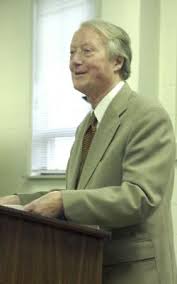
In 1980 the influential biblical scholar James Barr produced a “seminal essay” that classified “the narrative complex of the Hebrew Bible as story rather than history” and contributed to “[many retreating] into an historiographic scepticism”(Whitelam, 1987, 2010). The focus of Barr’s essay (and Keith Whitelam’s reference to it) is the Old Testament. It is important to understand, however, that “historical nihilism” is not the inevitable destination if we find our sources are more story than history.
Certainty is not a prerequisite to understanding. It is the will to understand rather than simply the will to know for certain that is the driving force for the inquiry to be undertaken here. (Whitelam, p. 20.)
I think that the same principles carry over to the New Testament’s Gospels and Acts, too. That’s too controversial for many today, however. The Gospel narratives must stand firm as grounded in historical memory of some kind. Whitelam in his 2010 edition of his 1987 book lamented the failure of the critical potential to blossom in the field of Old Testament studies:
The rise of the biblical history movement and ‘new biblical archaeology’ means that the project envisaged a quarter of a century ago is even further away from realization today than it was then. (p. xiii)
How much further away we must be from applying the same critical questions to the stories of Jesus!
Following is how Barr explained the differences between history and story. It comes from “Story and History in Biblical Theology: The Third Nuveen Lecture” in The Journal of Religion, Vol. 56, No. 1 (Jan., 1976), pp. 1-17. Published in Explorations in Theology 7, 1980.
Old Testament narratives cannot be described as “history” but rather as containing “certain of the features that belong to history”. Examples: Continue reading “The Difference between Story and History in the Bible”

